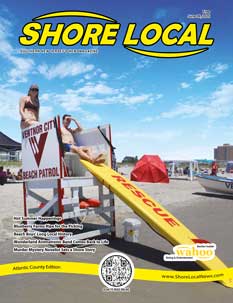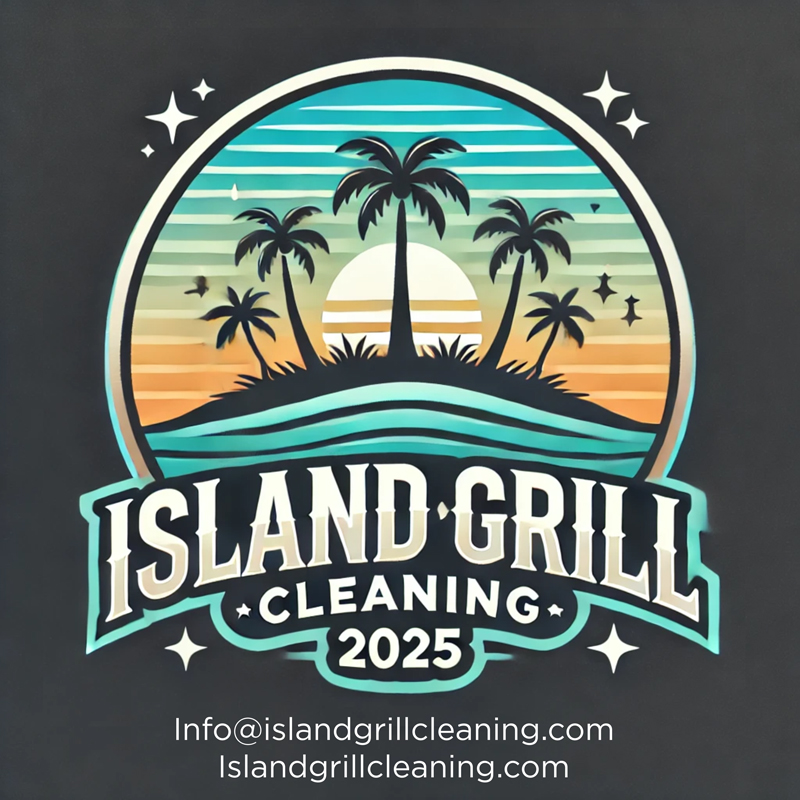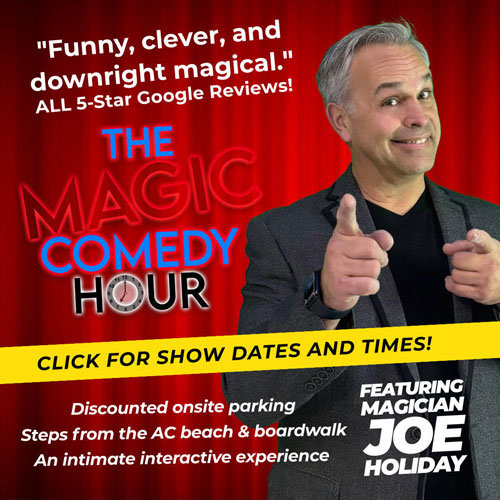By Eric Reich
Life insurance, you need it or you don’t. It’s that simple right? Well, not exactly. There are countless uses for life insurance that I’ve seen over the years and a few times when it really wasn’t needed. Today, we’ll talk about the uses of life insurance, and what to do when you have a policy you no longer need.
- Traditional Death Benefit- This is one of the most popular uses. Depending on the face value of your policy, life insurance will provide your beneficiary(s) with a lump sum payment in the event of your death.
- Collateralize a Loan- Life insurance can be used to pay off a lender in the event of your death. Many lenders require life insurance.
- College Planning- Cash value life insurance (and annuities) are the only nonqualified assets that are not assessed for financial aid purposes. A policy can also be used to pay off college for your children in the event of your untimely death.
- Fund a Business Buyout/Succession Plan- Business partners can buy insurance on each other and sign an agreement guaranteeing that they will buy the business from your family in the event of your death. A premium payment for life insurance can be a lot cheaper than writing a check for a large sum especially when cash flow is at a premium following the death of a partner.
- Creating a Legacy- You can work your entire life to save money to leave to your family or you can buy a policy and accomplish the same thing.
- Create a Charitable Legacy- It can be less expensive to leave the local hospital a life insurance policy (especially one you no longer need) than it is to stroke a check or reduce your heirs’ inheritance.
- Balance an Inheritance- If you own a business that some, not all, of your children work in, it may not be fair to leave it to all of them. Instead, the children working in the business inherit it and the others get the equivalent from life insurance.
- Pay Taxes- Now that the estate tax exemption has been raised, most households won’t have a Federal Estate tax (for now) but may have a state or local tax. Why pay $1 for $1 of tax when you can transfer that future cost to an insurance company for a fraction of the cost by leveraging your dollars using life insurance instead?
- Cash Flow- In some instances, the cash value portion of a life insurance policy may be accessed tax-free. Imagine a source of readily available capital. You can take a loan from the policy or surrender up to your cost basis for a tax-free withdrawal.
- Alternative to Money Markets or CDs- A 5% potential cash value credit may be more than the interest you might receive from a CD or money market if the Federal Reserve cuts interest rates multiple times this year. Life insurance is its own asset class.
- Hybrid Long-Term Care- Life insurance may be easier to qualify for than traditional long-term care insurance. Many people resist buying long-term care insurance because they don’t want to pay for something they think they might never use. In reality, there’s a 71% chance you will need long-term care age 65, according to longtermcare.gov. With a hybrid policy, even if you don’t end up using the long-term care portion, your beneficiary(s) still receives a death benefit when you die.
If you have an old life insurance policy that you no longer need for any of the above reasons, you can potentially:
- Surrender it for the cash value
- Convert to reduced paid-up
- Convert to extended term
- Sell the policy
As you can see, life insurance can be a very versatile tool!
Securities offered through Kestra Investment Services, LLC (Kestra IS), member FINRA/SIPC. Investment advisory services offered through Kestra Advisory Services, LLC (Kestra AS), an affiliate of Kestra IS. Reich Asset Management, LLC is not affiliated with Kestra IS or Kestra AS. The opinions expressed in this commentary are those of the author and may not necessarily reflect those held by Kestra Investment Services, LLC or Kestra Advisory Services, LLC. This is for general information only and is not intended to provide specific investment advice or recommendations for any individual. It is suggested that you consult your financial professional, attorney, or tax advisor with regard to your individual situation.
Eric is President and founder of Reich Asset Management, LLC. He relies on his 25 years of experience to help clients have an enjoyable retirement. He is a
Certified Financial Planner™ and Certified Investment Management AnalystSM (CIMA®) and has earned his Chartered Life Underwriter® (CLU®) and Chartered Financial Consultant® (ChFC®) designations. A lifelong resident of Cape May County, Eric resides in Seaville, NJ with his wife Chrissy and their sons ,CJ and Cooper, and daughter Riley.


















